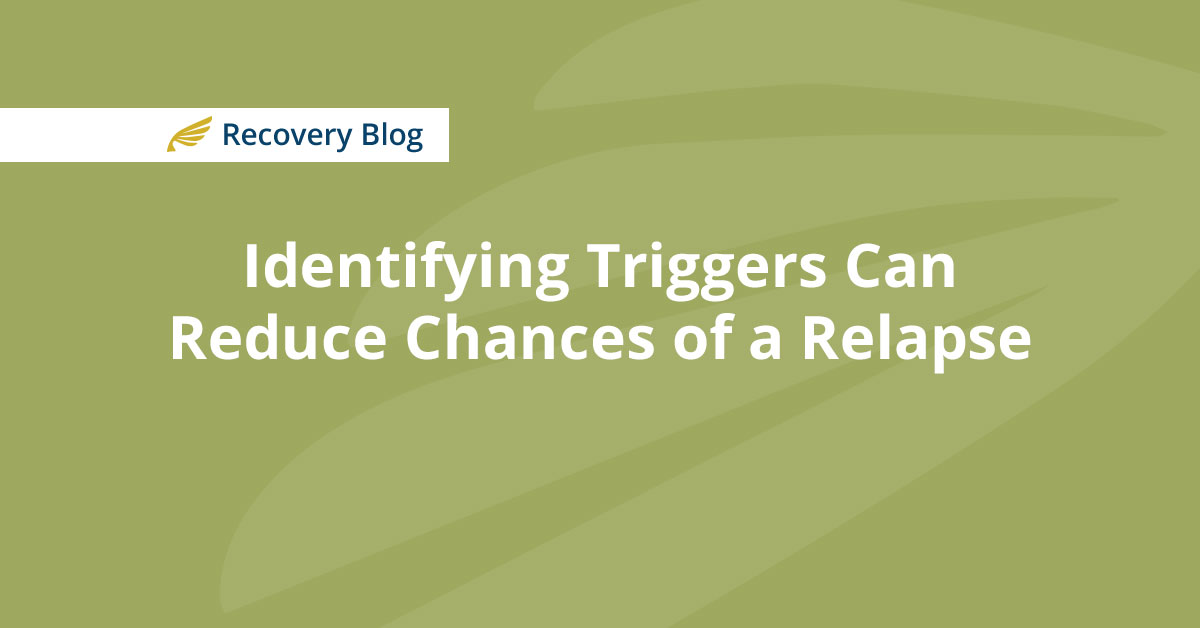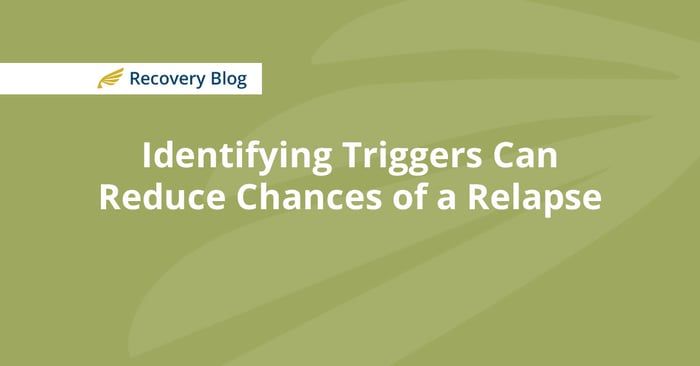Advantages of Undergoing Professionally Guided Alcohol Detox versus Attempting it Solo
Alcohol detox is the first step toward recovery from alcohol addiction. It can be a challenging and...


One of the pitfalls of successful recovery from addiction is relapse. There are many factors that can contribute to the backslide into these dark places.
Relapse is a fundamentally a condition of reinstatement of past habits. Some relapses can be good; reacquiring a fitness routine after being sedentary for a time, healthy eating after a period of binging, and seeking previously successful therapy are all great things to have happen for many people.
However, for drug and alcohol abusers, a relapse can have serious and sometimes fatal consequences. In fact, due to the nature of the dependence, relapsing with addiction can be more dangerous than first time users. After undergoing successful addiction therapy to break the physical dependency of the substance, the body does not just “return to normal,” or return to a state before any drug use took place. The substances that have the highest risk of becoming addictive are also those that produce the most dependency, and thus are the ones easiest to resume using.
The key in undergoing successful addiction therapy is to recognize that it is ongoing. For nearly all of those who are encumbered with a drug or alcohol dependency, continuing therapy and being aware of some of the things that may cause a relapse are not only important, but vital for continued health and wellness (see our blog post "Overcoming a Slip or Relapse").
Whether a person is addicted to depressants (alcohol, benzodiazepines, opioids) or stimulants (amphetamine, methamphetamine, cocaine), the situations that can cause relapse are pretty much the same. They are generally either environmental or stress-related.
Environmental causes of relapse include being in situations where drug or alcohol use was prevalent or being around people who are still using. This happens because of the specific neural pathways in the brain that have been created in a Pavlovian type response. It’s important to point out that there may not be peer pressure involved in these circumstances, but the mere presence in these places can be enough to convince someone that it’s okay for them to indulge in their former habit, “just this once.” And frequently, “just this once” can lead back to full blown addiction.
Stress related causes of relapse are the strongest types. These can include everything from simple day-to-day stresses from work or home life (job security, money worries, relationship concerns, and even stress caused by the fear of relapse), to being around specific people, places or things that remind them of drug use.
Alcohol detox is the first step toward recovery from alcohol addiction. It can be a challenging and...
At any point along your recovery journey, there may come a time when you lapse or relapse.
Alcohol addiction is a serious issue that affects millions of people worldwide. It can lead to...